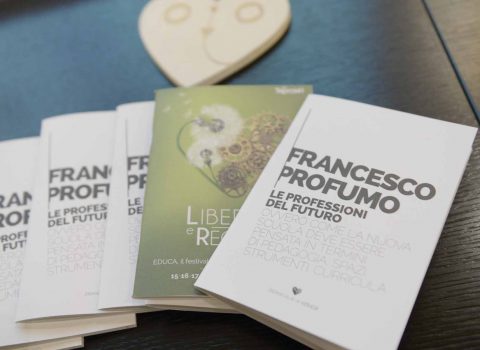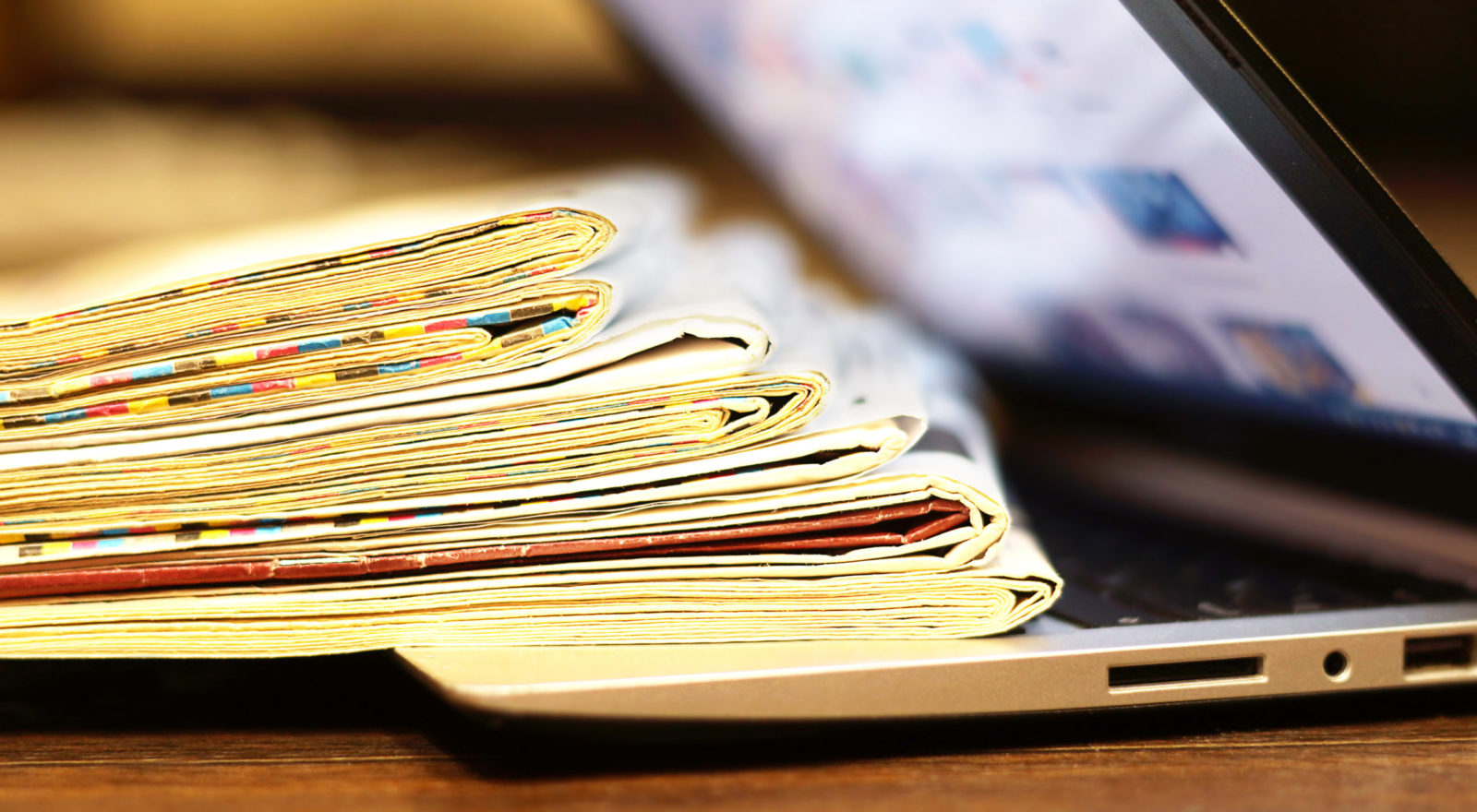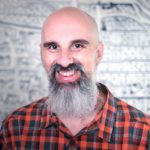
Claudio Ferlan is the new editor in chief for Fondazione Bruno Kessler’s Magazine
Considerations on scientific communication and on the new look of the FBK Magazine
Dear readers, this is the first editorial I write as editor-in-chief of Fondazione Bruno Kessler’s Magazine. I take the baton from Marco Ventura, who at the end of his mandate published a valuable policy paper dedicated to the role of religious actors in the definition of policies on Artificial Intelligence.
It is an excellent example of how research can talk with the emergencies of the present time: we ask ourselves questions, we study by discussing, we suggest answers trying to be both concrete and analytical. We want to stay on this track.
The future
For some time now, out of passion and interest, I have kept my eyes open on the arguments dedicated to the past, present and future of journalism, in particular on the communication of science, which is our daily bread. Among my sources is the American Nieman Foundation, together with several newspapers, some conferences, quite a lot of books, numerous chats, research done for some of my articles.
Since our goal is to recount scientific, social and humanistic research (listed in alphabetical order), we can and should also learn from what we could call generalist journalism. Nieman usually offers an end-of-year reflection on the future of journalism, entrusted to a series of media professionals, coming from different parts of the world, with very different ages and experiences.
So, long live variety! Starting from here, I am pleased to share with you some ideas that I have drawn from my participatory observation. Let’s start with the concept of community. The data, wrote Francesco Zaffarano in the reflection I just mentioned, are not enough: journalists (science communicators, in our case) must be ready to meet their readers, trying to build personal relationships with them as people committed to what they do. An opinion shared by Sarah Marshall, who sees in the consolidation of the relationship between the writer and the reader an opportunity to build better products, capable of emerging from the superficiality of many social interactions. It is a consideration that I have been able to listen, share and even write on more than one occasion: the scientific community needs discussion and interaction, using understandable but not simplistic languages. This approach could also lead to what Sarah Stonbely hopes for: giving life to projects in which those who have the task of communicating work in close alliance with civil society organizations.
Let us consider also another fundamental matter, perhaps even more relevant in a context such as that of Fondazione Bruno Kessler: the excessive amount of news. Relevant because, as researchers, we feel a strong responsibility to verify information before circulating it. I am a historian, and we have been taught to fact-check sources since we were kids (we are certainly not the only ones). According to Simon Allison, I keep quoting from Nieman, the multiplication of news is the problem, not the solution. Whoever handles this news, Allison adds, must be placed between the reader and “the abyss of infodemic”. Shalabh Upadhyay subscribes to this consideration and points out that in a world of too much information, the news-product is rapidly losing its importance. These points, in my opinion acceptable, are not the prerogative of politics or news, but must also guide those involved in scientific knowledge and its dissemination.
Community and Infodemic
The ideas are numerous, Before offering my considerations on the two issues that I have identified today as the main ones, I will just stress a few which we will perhaps have the chance to further explore in the future: the advantages of remote working, the centrality of the historical context and of communication on a local level, the effectiveness of an adequate harmony between form and content.
What should we do? In order to build a community, we are opening the virtual doors of our Magazine in particular, and of our work in general, to anyone who is willing to make suggestions and discuss issues. We will offer readers periodically an editorial , we will keep circulating our newsletter trying to give it a dynamic imprint, we will respond to the emails you will send us to and , we will work with enthusiasm and determination to build a virtuous communication. We will be attentive, in order to avoid infodemic risks, to fact-check what we publish, to keep scientific and journalistic dialogue open, to experiment with new forms of communication, to correct ourselves when we make mistakes.
Let us read each other soon.
Claudio Ferlan

